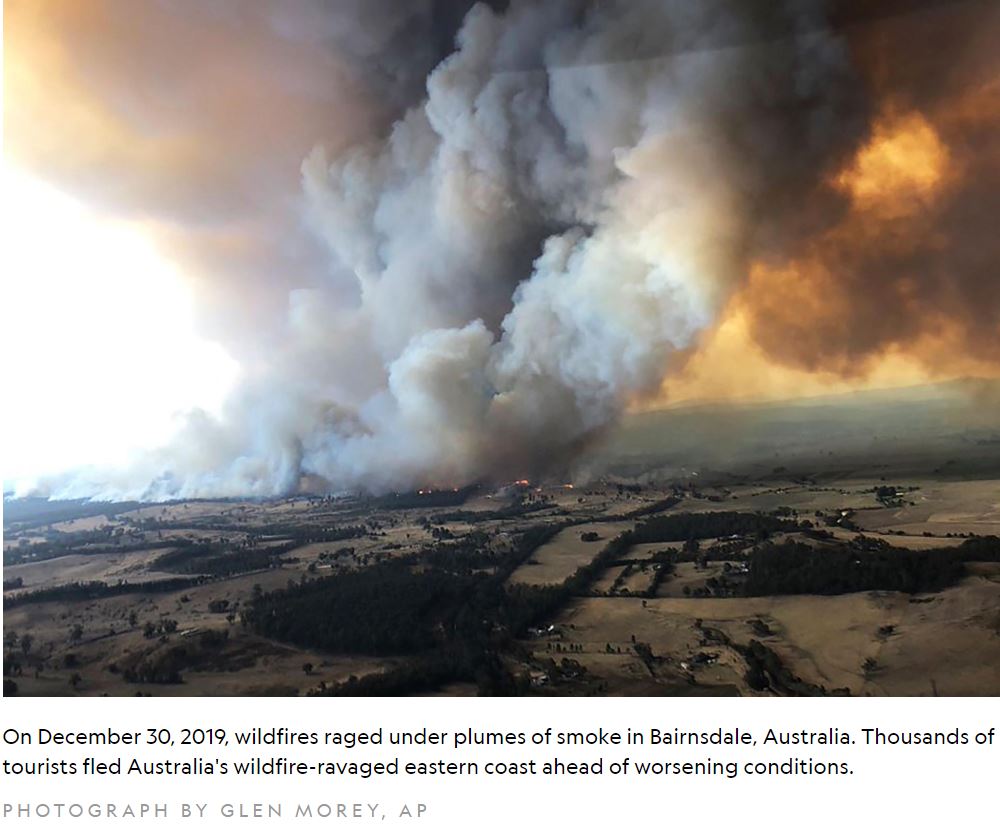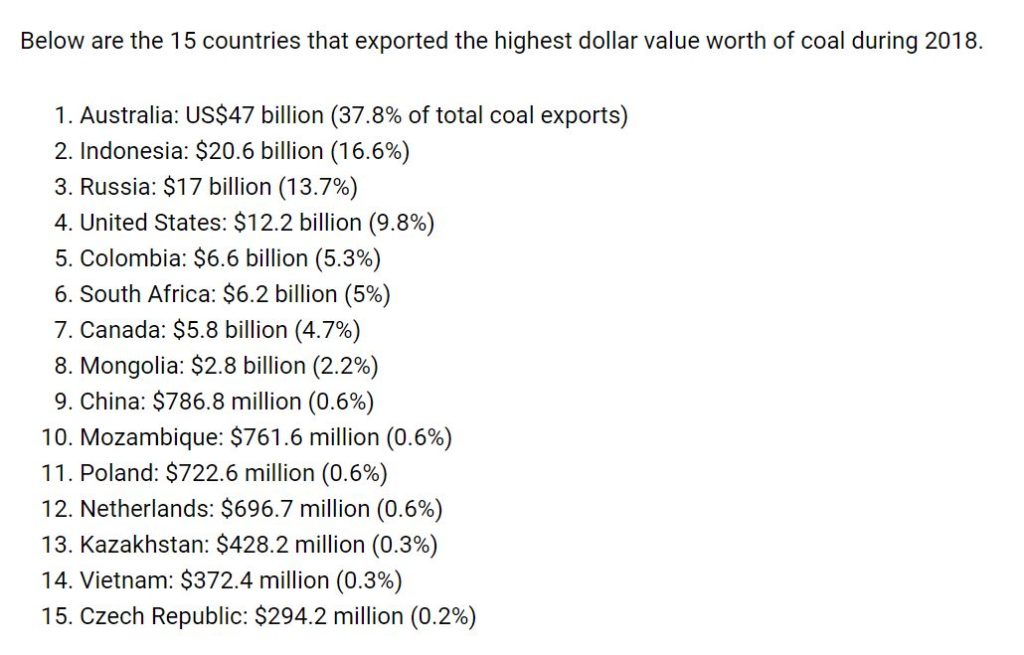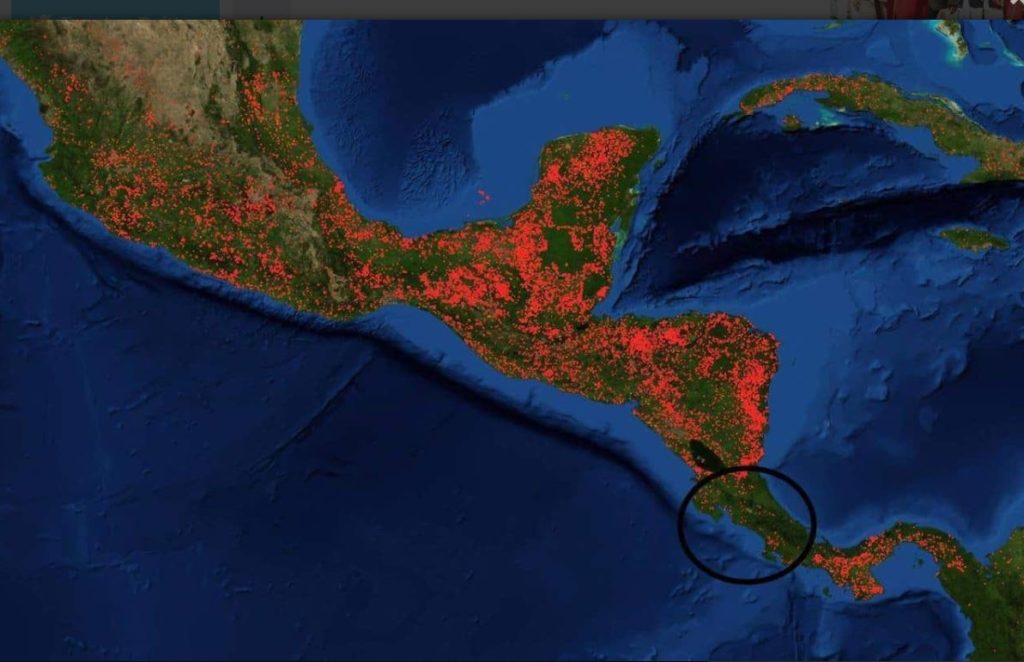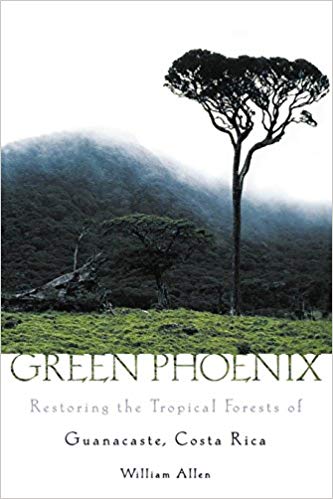Wildfires seem to be one of the natural disasters that make people around the world realize that there is a link between humans burning fossil fuels and climate change. We are watching the recent coverage of wildfires from Australia and our heart goes out to everybody that is suffering from there impact Down Under.

It was just a few months ago when wildfires made the news in South America. This inspired us to think about beef and soya consumptions and since then, we have made some significant changes in the menus of our hotels and lodges concerning beef consumption. See our blog from 2019 here.
We highly respect the courage and hard work of all the firefighters in Australia saving lives and protecting houses. Please be safe! As the world’s largest coal producer, Australia might have to review the long-term effects and reliance on coal exports. Listen to the locals: “Destroy the land, and the land will destroy you” – Doris Eaton, Aboriginal Elder.

What will be the lessons learned for the future? Costa Rica produces close to 100% of its electricity from renewable resources and has managed to keep wildfires to a minimum last year, despite the El Nino conditions. This has to do with prevention and fast responses by local firefighters. However, the impact of conservation and maintaining healthy ecosystems should not be underestimated.

This is best illustrated in the book “Green Phoenix” by William Allan. The opening scene is a situation in a wildfire blaze in Costa Rica. Here the summary of the book that instills hope that nature can recover to former glory.
Can we prevent the destruction of the world’s tropical forests? In the fire-scarred hills of Costa Rica, award-winning science writer William Allen found a remarkable answer: we can not only prevent their destruction–we can bring them back to their former glory.
In Green Phoenix, Allen tells the gripping story of a large group of Costa Rican and American scientists and volunteers who set out to save the tropical forests in the northwestern section of the country. It was an area badly damaged by the fires of ranchers and small farmers; in many places a few strands of forest strung across a charred landscape. Despite the widely held belief that tropical forests, once lost, are lost forever, the team led by the dynamic Daniel Janzen from the University of Pennsylvania moved relentlessly ahead, taking a broad array of political, ecological, and social steps necessary for restoration. They began with 39 square miles. Today this region is known as the Guanacaste Conservation Area, a fabulously rich landscape of dry forest, cloud forest, and rain forest that gives life to some 235,000 species of plants and animals. It may be the greatest environmental success of our time, a prime example of how extensive devastation can be halted and reversed.

So it is important to listen to the locals and the elders. They know that if we: “Destroy the land, then the land will destroy us.” However as illustrated in Green Phoenix, there is hope and the best moment for making changes is NOW. We stay positive and will continue to make our contributions to the health of this planet at Cayuga. One step at a time. Please join us.

